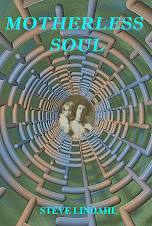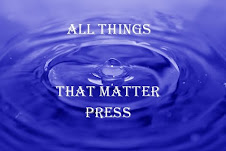 The Man from Beijing by Henning Mankell
The Man from Beijing by Henning MankellMy rating: 4 of 5 stars
The Man from Beijing by Henning Mankell is a book that takes some interesting political positions. In the struggle between the followers of Mao Tse Tung and the followers of Deng Xiaoping, it is the Mao disciples who are fighting ruthless corruption in China. Capitalism is not producing positive results for the masses and Mao even gets a pass on the cultural revolution. The heroine of the novel, a Swedish judge, had admired China's red guard during her college years, so the admiration for the old style red communism is not limited to the boundaries of the People's Republic. Combine that perspective with a view on Robert Mugabe that emphasizes the positive and this book presents a perspective I'm not used to hearing.
... Robert Mugabe was a man who in many ways deserved her admiration and respect. Even if not everything he did was good, he was basically convinced that the roots of colonialism grew very deep and needed to be cut away not just once but many times. Not least of the reasons she respected him was she had read how he was constantly and brutally attacked in the Western media.
The Man from Beijing is an action thriller and a good one. I was pleased with the unique story, but disappointed with the ending, which I felt left too many loose ends and was too dependent on information found in diaries. Overall the book was exciting and the characters were well drawn: flawed and real. My wife disagrees with my assessment of the ending. We'll be discussing this book in our next book club meeting, so it will be interesting to hear other people's opinions on this.
View all my reviews






